Principles 1 – 3
By: Helsing Admin
[NOTE: This article is Part IV in a series where each article builds on the previous articles. We recommend you start with Part I first.]
Principle 1 – Ownership
The board’s authority is derived from the “owners” of the association
The association belongs to the homeowners, or “members”, and the board’s authority is derived from that population. That is, the board represents the interests of the owners and has a fiduciary duty to them, the same way that the board of an equity corporation should represent the interests of, and demonstrate a fiduciary duty to, the shareholders. The distinction between owners and other stakeholders is very important to this principle; the Board’s ultimate responsibility is to the membership as a whole and not to any subgroup of the membership or any other stakeholder.
Principle 2 – The Board’s Purpose
The board ensures the association is well-run; it does not run the association
The board’s role is to connect members’ interests with the association’s operational performance. The board’s purpose, therefore, is to define what constitutes effective organizational performance, and to ensure that it occurs. Effective organizational performance, from a governance perspective, includes two elements:
– The association produces appropriate results for the members.
– The association avoids inappropriate situations.
Put another way, the board functions as a link in the association’s “chain of command’ by setting performance standards reflecting the membership’s interests, communicating them to the manager, and ensuring the manager delivers on that performance. When boards focus on running the association as opposed to ensuring the association is well-run, the association becomes less likely to do anything efficiently or effectively.
Principle 3 – One Voice
Board Authority is Group Authority
Legally, board members have no individual authority at all, unless the board has explicitly delegated specific authority to an individual or an office she/he holds. The manager is therefore accountable to the directives of the board as a whole, and not its individual members. Only the Board as a whole makes decisions and issues instructions.
The “one voice” principle does not mean that the board members must always agree with each other, or that the board’s votes must be unanimous. It simply means that once the board makes a decision (e.g. by majority vote), all board members are expected to respect – and to in no way undermine – the decision that was made. Of course, board decisions can be changed, but that must be done by the board as a whole, and not by individual board members.
Continue to Part V – Principles 4-7
The Policy Governance Series draws heavily on John Carver’s service marked endeavors and much of the Homeowner Association model relies on and is reproduced with permission from The California Association of Community managers (CACM). Articles are for advertising and general information by The Helsing Group, Inc. They are not intended to provide legal advice, but rather reflect our opinions as Community Association managers and Consultants. Readers should not act on issues raised in our newsletters or websites without consulting legal counsel.
Copyright 2012
The Helsing Group, Inc.
All Rights Reserved
[i] Policy Governance® is a registered service mark of Dr. John Carver. The authoritative website is www.policygovernance.com



